Kristin Roberts had it all – four children, a husband, a home in Cumberland, and an addiction to painkillers that would take them all away.
“I never thought in my life I would be addicted,” she says.
Her mother, then a captain at the Cumberland County Jail, didn’t see it coming, either.
“It’s important that people know it can touch any family,” said Maj. Francine Breton, who now oversees the jail.
Roberts, 38, was in her 20s when she fell down some stairs and broke her tailbone. She got a prescription for OxyContin pills for the pain, and soon learned the new drug would get her high if she crushed them up and snorted them.
“I’m on top of the world. All my feelings are numb,” she remembered. “I didn’t have a care in the world.”
Roberts gradually needed more and more pills to stay numb. Then she needed them simply to function and avoid the hot and cold sweats that meant her body was screaming for another dose.
So she saw her doctor more often, always leaving with another prescription.
“I could go in there and get whatever I wanted.” When one doctor would finally say “no more pills,” she would find another, she said.
Her mother, meanwhile, watched as Roberts changed from a devoted mother to an addict who would stay away from home for days.
The shame and guilt only made Roberts seek more drugs, she said. “I couldn’t live with myself and I’d have to be high every single day,” she said.
Roberts eventually started buying the pills on the street and stealing money to pay for them. Breton would come to dread phone calls from a desperate Roberts saying she needed money.
Roberts got divorced and lost custody of her kids, who were cared for by relatives. She also was in and out of jail for drug possession, theft and probation violations.
Roberts’ arrests created embarrassment for Breton as well as a new county policy: immediate family members of jail employees have to be transferred to a different county to avoid perceptions of favoritism.
Roberts, as a result, spent time in several different county jails as her addiction deepened. Her last arrest was in March, when a police officer spotted her stealing dresses and fabrics from a Portland dress shop. She was so high at the time, she said, she didn’t understand what she was doing.
Breton had told jail staff that she didn’t want to be called each time her daughter got arrested, but officers who saw how gaunt and sick Roberts looked in March called anyway.
“I was just sick and tired,” Roberts said. “I had nobody. … It’s really taken everything that I had – marriage, kids, money, school, my health. It is the root of all evil.”
After she got out of jail the last time, Roberts entered treatment at Crossroads halfway house, a residential program in Portland that includes intensive counseling. She is about halfway through a six-month treatment program, working as a waitress and rebuilding relationships with her mother and her kids, now between 16 and 22 years of age. She also has signed up for courses to become a substance abuse counselor.
“This place is really saving my life,” she said. “I’m starting to feel comfortable in my own skin.”
The experience also has taught Breton about the power of addiction, something that she works around every day. “I’m dealing with a jail full of people in the same situation,” she said.
Roberts has relapsed before, but both she and her mother are hopeful.
“I’ve noticed a big change in her this time,” said Breton, who now looks forward to her daughter’s telephone calls. “I always pray that this is it. And she’s doing really well.”
Blake Carver was 14 when he broke his ankle skateboarding and got a prescription for Percocet.
After he recovered, he still had half a bottle of the painkiller left, plus one refill.
So Carver and his friends tried crushing and snorting them, having already experimented with alcohol and pot.
Carver, now 24, didn’t know then that he was a prime candidate for addiction: a teenager with a family history of substance abuse and, he was later told, the victim of sexual abuse as a toddler.
“I had this hole I was trying to fill and I didn’t know it,” he said. “It was the one thing that worked.”
Before the prescription was gone, he was hooked. He eventually tried stronger pills and began injecting the drugs to get a more intense high.
OxyContin was easy to find but his habit cost $200 or more a day, so Carver broke into homes and stole cash and whatever he could sell. He also always checked the medicine cabinets, just in case he got lucky and found pills.
He was in and out of the Maine Youth Center and then went to prison for five years. He was released earlier this year and moved into Serenity House, a residential treatment center for men in Portland.
He attended counseling sessions and 12-step recovery meetings and got a job as a landscaper. He graduated from the program in August, vowing to stay clean with the support of a new group of sober friends.
Carver remains upbeat, and said last week he is attending support group meetings, working at a Portland manufacturing plant and looking for a new apartment. “I’m doing good,” he said.
Isaac Malburg, 37, was a fisherman in Rockland 10 years ago when he had back surgery and needed painkillers to keep working.
He started out taking three Vicodin pills a day.
“That rapidly went to 10 a day,” he said. He eventually needed more back surgery and stronger pills, including oxycodone, the active ingredient in OxyContin.
“I loved them,” he said. “It was mind-altering, too. You use more of it, you get high. I started seeking more of that.”
He took the pills for years, going back to the doctor for more whenever he ran out.
“There was a point when he said, ‘I can’t cover you anymore.’ So I found a new doctor who could,” he said. “All I had to say was I was in pain.”
The addiction gradually took over his life, he said.
He tried methadone treatments but ultimately decided to quit cold turkey. Withdrawal was the worst experience of his life – “a vivid nightmare,” he said.
Once sober, Malburg sought treatment at Serenity House in Portland. He graduated in late August and got a job on a lobster boat.
“I’ve gone back to what I love to do,” Malburg said in September.
Daryl Blums has a good job in a family business and a 7-year-old son.
But for much of the past three years, all the 27-year-old cared about was getting more pills.
“I basically had a calendar. I knew when different people were getting their medications refilled (and would have pills to sell). I had a whole network,” he said. “Maybe in three years, I had five days I couldn’t find anything.”
It wasn’t cheap, however, about $150 a day for five oxycodone pills. The habit also almost cost him his left arm after he started injecting the drugs, collapsed a vein and got an infection.
“You just get to a point you’re not getting high anymore,” he said. “You’re really feeding the beast. You’re feeding this insatiable hunger.”
Earlier this year, he had enough, stopped using and got sick.
“I white-knuckled it for four days. It’s basically the worst feeling you can experience,” he said.
Soon after Blums got into a three-month treatment program at Serenity House in Portland, he was able to visit with his son while sober for the first time in years.
“He’s a little boy and he needs a father and I just haven’t been able to provide that for him.”
Blums graduated from Serenity House in early September. “I look at life a lot different now,” he said.
Krista Tripp, it would seem, had no chance of avoiding addiction.
She grew up around family members who abused heroin and prescription pills, in a household that was filled with drama and verbal abuse, she said. Tripp, 26, was raised in Spruce Head near Rockland, an area hard hit by pill abuse.
“It’s a fishing community. Everyone works really hard. Everyone gets pills.”
By the time she got to middle school, it felt natural to try them. They took away her sadness and loneliness.
“When I put drugs into my body, all of those feelings went away and I felt better about myself,” she said.
“I was an alcoholic and I was an addict at the age of 13.”
She took all kinds of pills, including dangerous mixtures of painkillers and anti-anxiety drugs, as well as heroin and cocaine.
“I had my own boat and (lobster) traps when I was 15. I’d go haul (traps) and spend my money on drugs. … And then I’d find boyfriends that partied like I did.”
Abusive relationships added to her pain. But at the time, she said, “I didn’t know where to go for help.”
She was arrested for possessing heroin and sent to jail, which led her to a treatment program and three years of sobriety.
Until then, she said, “I didn’t know what was wrong with me … I didn’t know I was an addict. I thought it was just normal.”
Eventually, however, she took a drink of alcohol, which led back to oxys and jail.
Now, along with members of her family in Spruce Head, Tripp is in treatment and, once again, sober.
She hopes to graduate from Crossroads’ halfway house and go back to school to become a clinician in one of Maine’s treatment programs.
“I have so much guilt and shame and remorse for the lifestyle I was living and I really want to give back … I want to be an example.”
Alta Brown was a junior in high school more than a decade ago, when it seemed like everyone was suddenly using prescription pills.
So she did, too, snorting crushed pills off the sink in the high school’s restroom.
“I was trying to be cool,’ she said.
Brown, now 31, still lives in Indian Township, a Passamaquoddy reservation in Washington County where she grew up. The Down East region, with its high rates of unemployment and poverty and its small-town culture, was fertile ground for the prescription drug epidemic.
“I think it’s because we’re in a small community and there’s not a lot to do,” said Brown. “Basically, the only thing to do was drink and do drugs.”
A few months after first trying the pills, she could no longer go without them. And that led to other drugs – cocaine, heroin or whatever was available at the time, she said.
Eventually, she found help at Discovery House, a clinic in Calais that dispenses daily doses of methadone to prescription opiate addicts.
“It’s pretty much saved my life,” Brown said.
Now, her bigger concern is her four children, between the ages of 6 and 13. The oldest is approaching high school and Brown is worried that she’ll encounter the same boredom and peer pressure to use pills.
Brown hopes to get a nursing license, which may be a ticket out of Washington County, she said. But she knows her kids will be exposed to drugs wherever they are.
“You can’t really run away from it,” she said.
Nicole Martin can’t explain why she got hooked on prescription pills and other drugs.
No family history of substance abuse. No trauma in her childhood. She didn’t experiment during high school in South Portland.
But she has been fighting her addiction for eight years.
Now 31, Martin was about 20 when she tried cocaine and got hooked. When she started showing up late to work and missing bills, she signed herself up for her first round of treatment.
She thought she had kicked her addiction, but instead switched to a popular new drug – OxyContin.
She remembers getting sick the first time she tried it. “But then you feel great, like nothing can hurt you,” she said.
A couple of months later, she couldn’t get out of bed without it. She started injecting the drugs. When she couldn’t find pills, she settled for heroin, a cheaper but less pure alternative.
Martin kept using the pills while she was pregnant with her son, who is now 5 years old.
“I would have thought that was the one thing that would have stopped me,” she said, wiping tears. “But it didn’t.”
Although her son is healthy, Martin still wonders what unknown effects her drug use may have.
She kept trying treatment, leaving sober and falling back into using different drugs.
She is now taking small doses of Suboxone, a drug that curbs her cravings for opiates. And she is in a six-month residential program at Crossroads in Portland. Family members are helping to care for her son and she gets visits in between counseling, support group meetings and work in a local restaurant.
“The only things I haven’t lost yet are my son and my family, and I haven’t gone to jail and I’m not dead,” Martin said. “But I guarantee you if I go back out there (and use again), they will happen in that order.”
Staff Writer John Richardson can be contacted at 791-6324 or at:
jrichardson@pressherald.com
Send questions/comments to the editors.

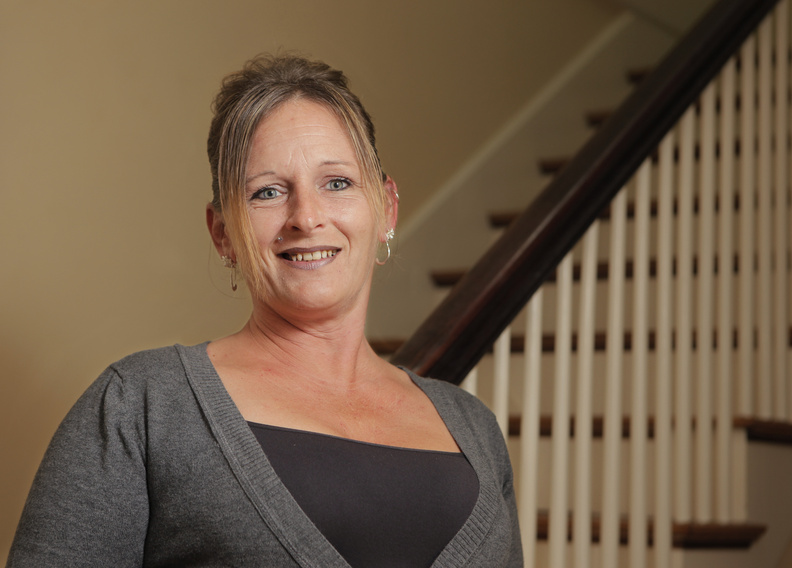
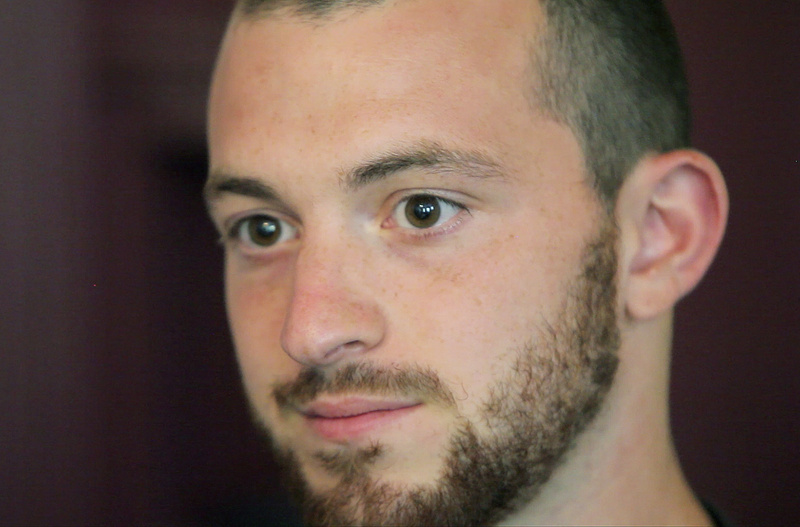
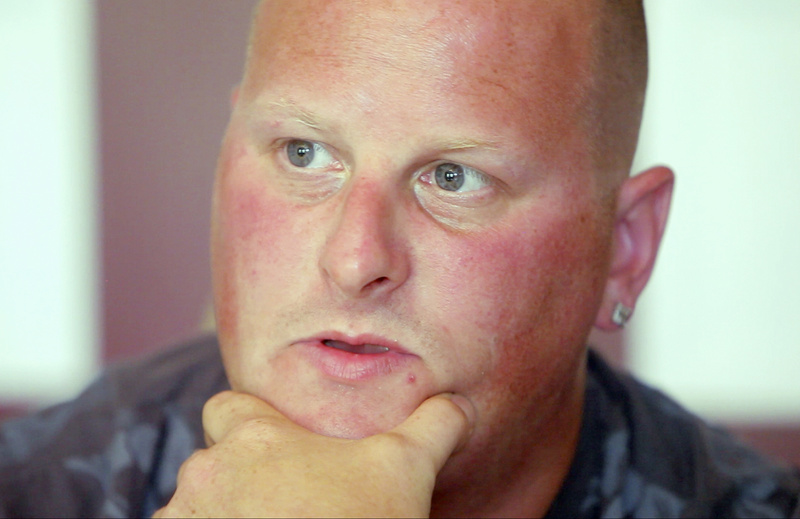
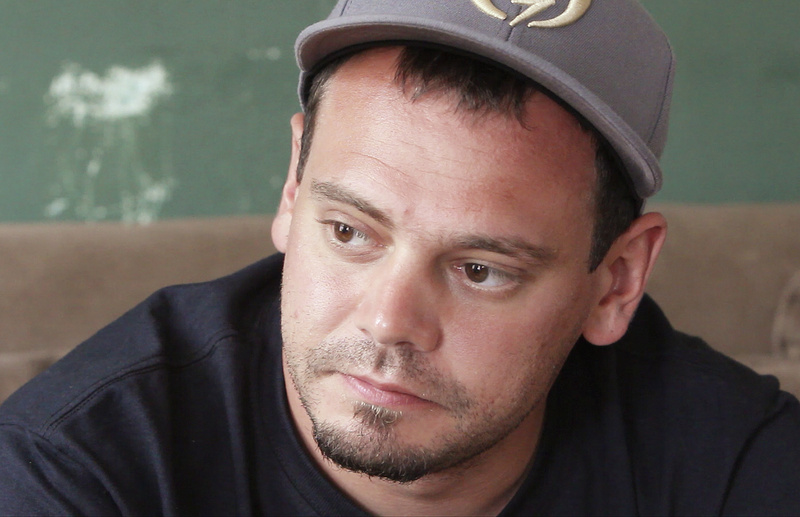
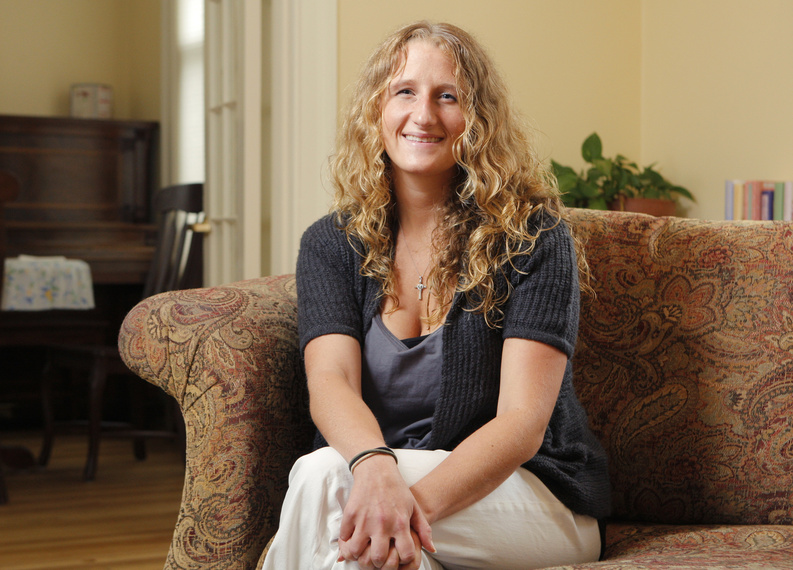
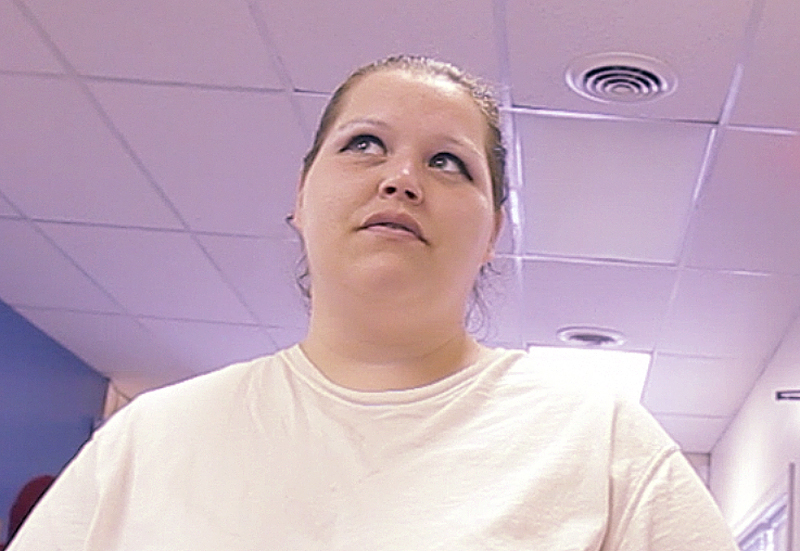

Success. Please wait for the page to reload. If the page does not reload within 5 seconds, please refresh the page.
Enter your email and password to access comments.
Hi, to comment on stories you must . This profile is in addition to your subscription and website login.
Already have a commenting profile? .
Invalid username/password.
Please check your email to confirm and complete your registration.
Only subscribers are eligible to post comments. Please subscribe or login first for digital access. Here’s why.
Use the form below to reset your password. When you've submitted your account email, we will send an email with a reset code.